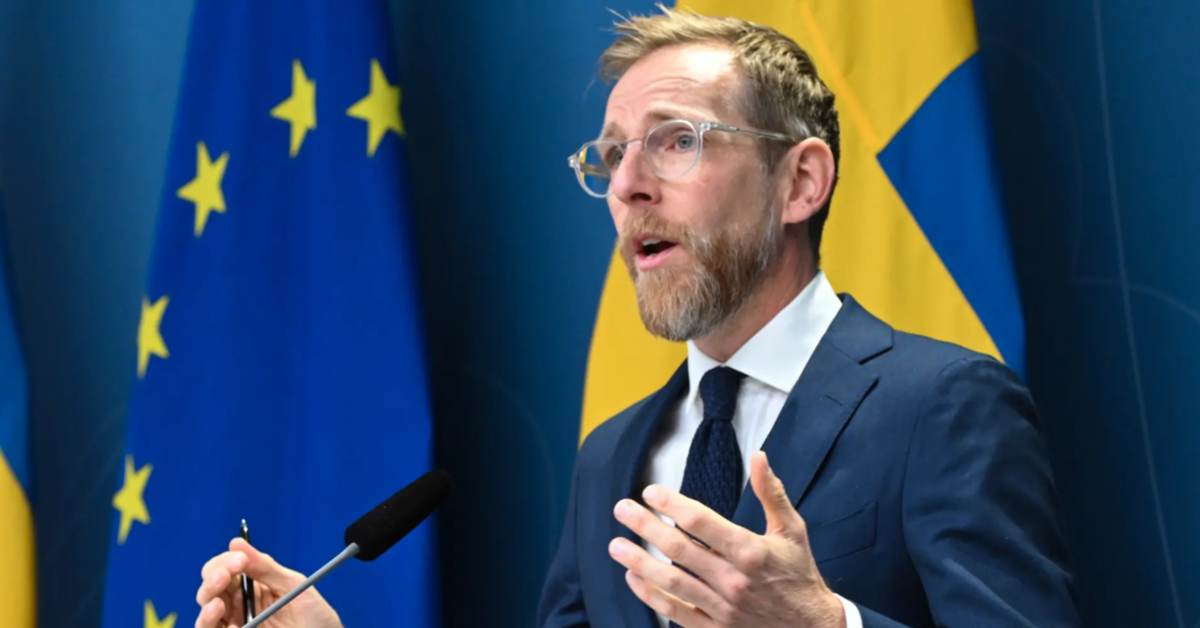Germany: Divorce papers for the Traffic Light coalition?
Overview
These days, political party conferences are professional and well-choreographed. But they can still send shockwaves relevant to business. Germany’s liberal Free Democratic Party (FDP) formally passed a main motion at its party conference on April 27–28, which has caused commentators to question the stability of the country’s coalition government. Titled “An economic turnaround for Germany—priority for growth, security, innovation and opportunities for advancement,” it reflects a paper previously adopted by the party executive that emphasizes twelve policies the FDP now sees as vital. This Quick Take puts the FDP’s move in context and assesses whether it marks the beginning of the end of the current coalition.
The FDP is the amber in Germany’s so-called “Ampel” (“Traffic light”) coalition government. It provides the Finance Minister, Christian Lindner, and shares power with the Social Democrats (SPD, the red) of Federal Chancellor Olaf Scholz and the self-explanatory Greens, whose Robert Habeck is Vice Chancellor and Minister for Economic Affairs and Climate Action.
Normally, a party paper which contains twelve ideas in the areas of economic, social and tax policy to boost Germany’s competitiveness would be interesting but unremarkable. In this case, there is more at stake: the proposed measures run completely against the positions and instincts of both the FDP’s coalition partners, particularly the Chancellor’s SPD. Straightforward implementation of the measures is therefore not going to happen. But nor is an immediate breakup of the coalition government, unstable though it is. With this move, the FDP has introduced a new bargaining chip for future negotiations with coalition partners, giving more weight to some key FDP issues. The paper could also build a foundation for the FDP’s future early departure from the coalition. However, for now that seems a secondary purpose as there is no clear route to the exit.
What is the FDP proposing?
- An "Annual Bureaucracy Reduction Act": an annual review and consequential reduction of unnecessary regulations. The pro-business FDP has long ached to cut Germany's notorious red tape to benefit its company supporters.
- A tougher minimum income system (Bürgergeld) regime: stricter sanctions in the social security system for people rejecting acceptable work. "Performance and work must pay off" is an FDP mantra - see also points 4, 5 and 11.
- A moratorium on new social benefits: no new social benefits legislation for at least three years. The FDP argues that there is no lack of social benefits, but a lack of efficient spending.
- Tax benefits for overtime: overtime pay/bonuses to be taxed at a lower rate. This is an economically liberal approach to addressing the lack of skilled workers - see also point 11.
- Regular adjustment of income tax rate and tax allowances: an "Inflation Compensation Act" for 2025 and 2026. "More net from [the same] gross" is one of the FDP's answers to increasing disposable income without interfering with wage setting.
- Abolition of the Solidarity tax: initially a temporary, one-year levy set in 1991 after German reunification to support Eastern Germany, it has become a fixed feature. this has been high on the FDP hit list for years as a prime example of the state's endless appetite for tax.
- Extended depreciation relief for businesses: extension until 2029 and more favorable rules for purchases under EUR 5,000. the FDP always sees itself as the defender of SMEs.
- Suspension of the German Supply Chain Due Diligence Act until the implementation of the EU Corporate Sustainability Due Diligence Directive, likely in 2026. The FDP originally advocated against the German law; now it also serves as a good example of over-regulation.
- Lower costs for construction: a moratorium on new regulations and bureaucracy that would raise building costs, easier approval for attic conversions, and online construction applications. This is the FDP's answer to the housing crisis.
- End of subsidies for renewables as fast as possible, making them "market ready": abolition of compensation for negative electricity prices and the reduction of maximum prices. Greater usage of domestic energy reserves. FDP free markets favoritism extends to no exception when it comes to climate protection.
- Abolition of the "Pension at 63": ceasing the employer's contribution to unemployment insurance once the regular lifetime working limit has been reached. the FDP sees the lower pension age largely as an incentive to leave the workforce earlier than Germany can afford.
- Unleashing German innovation: technological openness, less regulation for Carbon Capture & Storage, genetic engineering and biotech. A "Fusion Act" to modernize nuclear fusion rules. This is the FDP's nod to R&D, and its way to approach climate protection.
Not just another policy manifesto?
This paper has been trailed for several weeks. The ideas it contains, already an open secret, run contrary to the agreed policies of the German Traffic Light coalition government as well as some firmly held convictions of the FDP’s coalition partners: the Greens and notably the Social Democrats. If the FDP seriously wanted to follow through and pursue its ideas, this would inevitably lead to the final breakup of the governing coalition. Many observers therefore see the document as the “divorce papers” of the coalition. There is already talk of cooperation failing before the summer break in July. The symbolism is deep because of a historical precedent (see box).
History Repeating?
In 1969, the Social Democrats assumed the office of Federal Chancellor for the first time in the history of the Federal Republic of Germany. Their coalition partner was the FDP. They formed a “social-liberal” coalition, first under Chancellor Willy Brandt and later under Helmut Schmidt. In 1982, Otto Graf Lambsdorff, FDP Economics Minister since 1977 and member of the Party Executive Committee, penned an essay containing fundamentally neoliberal positions, which ultimately led to the breakup of the thirteen-year cooperation between the SPD and FDP. This essay is regarded as the “divorce papers” of the coalition and is still part of German political history folklore.
Divorce papers for the Traffic Light coalition?
What's going to happen? And what will not?
The demands are nothing new and are unadulterated FDP policy. They will be impossible to achieve with the SPD and/or the Greens. The current tensions within the coalition won't go away, and disputes and mutual blocking of progress have not become any less likely.
There won't be any immediate implementation of any of the FDP's proposals. However, the government coalition won't fall apart; at least not just yet.
What does it mean then?
The FDP paper and the party’s positioning have placed a new bargaining chip on the table for coalition discussions. The twelve points listed will carry particular weight. In current and future discussions, the FDP may try to push through one of the points in return for concessions elsewhere.
The Machiavellian interpretation is that FDP party chief and Finance Minister Christian Lindner, well aware of the historic symbolism, is paving the way for the FDP’s exit from the coalition—and his exit-on-his-own-terms from politics. The FDP will most likely perform poorly in the upcoming European elections in June and Eastern Germany regional elections in September. The party might not even reach the threshold to obtain seats in the Federal parliament in next year’s general election. However, the other coalition parties are also likely to suffer blows, and Lindner’s calculation might be that calling for a fundamental change in policy would be justified by the otherwise poor election results. But if the changes stay on paper only, the FDP might not be willing to take responsibility for government policy, and could then see itself forced to leave the coalition.
Business should watch out for:
- Gridlocked policies gaining new momentum: the paper increases the room for negotiating possible new compromises.
- Opposition attacks on vulnerable government flanks: last week, the center-right CDU/CSU party group already put forward in parliament a motion resembling the FDP paper. They remain happy to lend an ear for further input and arguments.
- Plays on the rhetoric: Linder is fully aware of the historical symbolism. Reactions to and interpretations of the forthcoming election results will be a good indicator of whether the coalition will hold up or break - if you know what you are listening for.
- New claims being staked: the demands made in the paper have gained even more prominence. Any concession made around them will be labeled a headline win or loss for the FDP and its coalition partners, with all the implications for party politics and media spins that come with that.
Will the coalition actually break?
It is impossible to make a serious prediction at the moment. The government is unstable but still standing; however, another demolition machine has now been proudly driven onto site. Whether this machine will actually be used remains to be seen and depends on other factors: future disputes elsewhere (including geopolitical developments); election results; and other surprise domestic events. But the likelihood just got higher.
Materials presented by Edelman Global Advisory. For additional information, please reach out to Fiete.Starck@EdelmanEGA.com.










